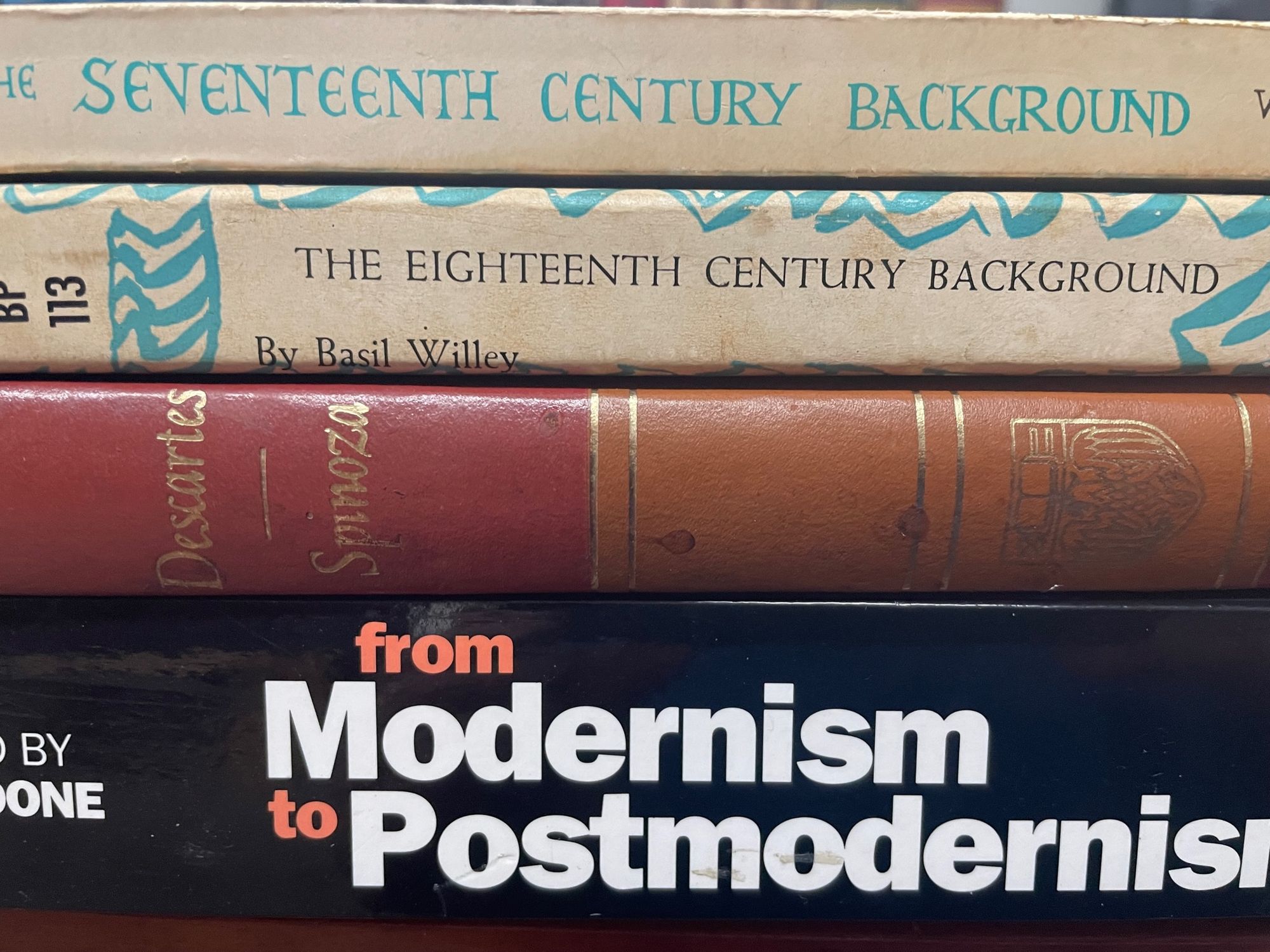Was Descartes Nuts?

The Cartesian view of the world adopts a stance normally found only in patients suffering from schizophrenia.
Referring to a famous passage from the Meditations on First Philosophy in which Descartes describes looking out of his window and seeing what he knows to be people passing by as seeming to him nonetheless like mere machines, wearing hats and coats, the philosopher David Levin comments:
What could be a great symptom of madness than to look out of one's window and see (what might, for all one knows, be) machines, instead of real people? The point I want to make is that this, this kind of vision, is what the rationality he has embraced leads to. Not by mere chance, not by a momentary caprice, but by the inexorable logic of the rationality to which he is committed . . . Only a philosopher could, or would, talk in this way [with skepticism about the existence of other people]. In 'real life,' outside the study, such a way of talking--such a way of looking at other people--would be judged mad, a subtle symptom of paranoia.
Descartes held that there was 'absolutely no connection (at least that I can understand)' between 'that curious tugging in the stomach which I call hunger' and the desire to eat. Even pain was a mystery: 'why,' he asks, 'should that curious sensation of pain give rise to a particular distress of mind?' This seems to me to display a quite extraordinary lack of intuitive understanding. If there is, in fact, one place at which the relationship between body and subjective experience can be intuitively understood, it is right there, in sensations such as pain and hunger.
But then Descartes was not sure that he had a body at all . . .
Iain McGilchrist, The Master and His Emissary (Yale, 2012), 332-333.
See also:
When Western Civilization Submitted Itself to a Lobotomy
Descartes’ dualism was obviously wrong, but it won over western civilization.

